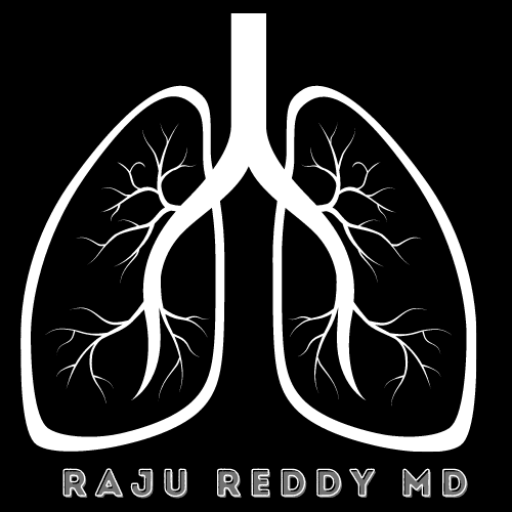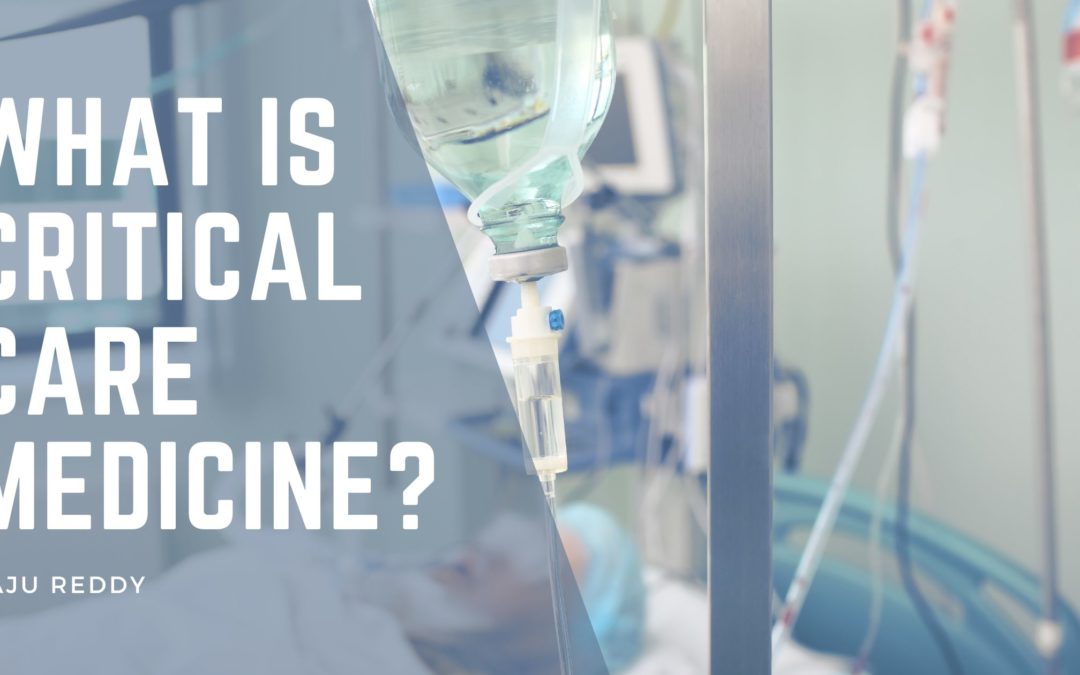The healthcare field is categorized into dozens of different specialties and organizations, each with the ultimate goal of providing patients with optimal and appropriate expertise for their unique condition. While some specialties are widely known, such as family medicine and OB/GYN, others aren’t recognized by their name as readily.
Take Critical Care Medicine. The name implies importance, but many people may not know what Critical Care Medicine is or what it involves. Let’s take a few moments to look into this specialty.
What Is Critical Care Medicine?
As the name suggests, Critical Care Medicine deals with the extreme side of health and clinical problems. Critical Care physicians diagnose, treat, and care for patients suffering from significant ailments.
Patients in critical care require extensive and intensive treatment, necessitating a team working around the clock. Depending on the issue, these teams are led by at least one lead physician and will include a range of specialists and nurses.
You are most likely to find a Critical Care Physician in a larger type hospital setting. Consider an intensive care unit or ICU – where they will most likely be present.
Given the severity and variety of critical care conditions, physicians in this specialty must be capable of making rapid assessments, estimating prognosis, providing counsel, and aiding in end-of-life decisions.
Who Can Specialize in Critical Care Medicine?
Critical Care Medicine comprises professionals from different fields of study to provide the best care possible. Doctors, nurses, pharmacists, and respiratory therapists are a few of the specialists that may be involved in the Critical Care Medicine team.
Other specialists may be brought in to consult and assist the team depending on the patient’s condition. Furthermore, it isn’t uncommon to see residents and medical students working alongside experienced Critical Care specialists as part of their training.
What Sort of Training Is Required?
Critical Care Medicine requires additional training and fellowships, as with many medical professions. Traditionally, a multi-year fellowship is necessary for Critical Care Medicine. It is common for physicians to combine Critical Care with Pulmonary medicine. Doing so results in physicians needing additional time in fellowship training before they may begin practicing.
Fellowship training follows several other years of training, including residency training and educational degrees. This helps to ensure that patients receive the life-saving specialized care they require.

